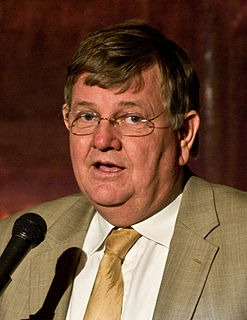A Quote by Jeremy Hunt
Theresa May has made a decision that we want our economic future to remain close to Europe: it's the biggest single market in the world; it's right on our doorstep.
Related Quotes
If Britain doesn't stay in the Single Market or Customs Union, we are very much in favor of a free trade agreement between the U.K. and Europe. We don't want Britain to be punished for its decision to leave, and it is not in our interests for Britain to be punished because we may be the ones who lose out as much if not more than them.
The United States really only accounts for about 3 percent of the economic engagement with Russia. Europe is 40 percent, and so Europe's contribution to this pressure is far more than symbolic. It's very practical. And that's one of the many reasons why we have worked hard to remain in close coordination with our European partners.
I have decided that now is not the right time for me to run for the leadership - though I remain completely committed to ensuring we secure our position as a great trading nation with sensible controls on migration. I believe that Theresa May has the strength, judgment and values to deliver those things.
We all create expectations of what we would like to happen after a decision is made. The picture in our mind's eye might have served a valuable function in helping to make a decision. But once the decision is made, let the picture go. Since you can't control the future, the picture can create unhappiness if it's not fulfilled. Disappointment may make you miss the good that can come out of every situation in which you find yourself.































